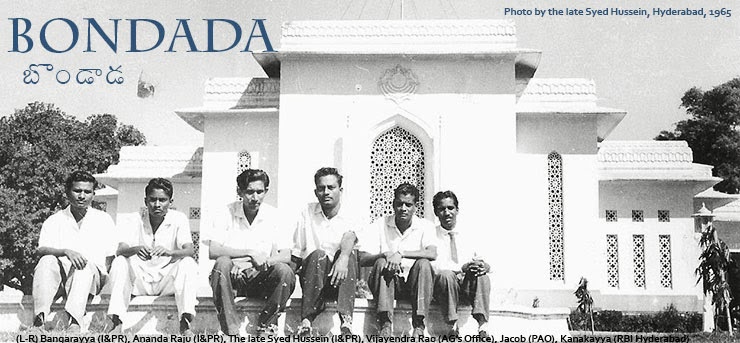historical-nonfiction
In 1829, a group of convicts seized the English brig Cyprus off of Tasmania, and sailed her to the Chinese city of Canton. After his capture, the convicts’ leader William Swallow claimed the ship visited Japan on their way to China. No one believed him because Japan was famously isolationist at the time.
But last year an amateur historian discovered Japanese records of a visiting “barbarian” ship in 1830 that flew a British flag. Curious local samurai visited the barbarian ship. Luckily for history, they wrote about what they saw, and even made some watercolors.
According to one of the samurai, the barbarians had “long pointed noses” and asked in sign language for water and firewood. One young barbarian put tobacco in “a suspicious looking object, sucked and then breathed out smoke.” These men “exchanged words amongst themselves like birds twittering,” and the ship’s dog “did not look like food. It looked like a pet.” Another samurai listed the gifts the crew offered, including an object that sounds like a boomerang – strengthening the idea that the ship with the British flag had been at Tasmania or Australia.
The Japanese refused to allow the mutineers to stay. They eventually scuttled the Cyprus near Canton, and worked their way back to England. Unfortunately for the adventurous convicts, they were arrested in England for piracy. They had stolen a ship, and they were convicts before that – and British law at the time was notoriously harsh. Swallow died in prison, and the rest became the last men hanged for piracy in Britain.
Source: historical-nonfiction
Read full article: abc.net.au
In 1829, a group of convicts seized the English brig Cyprus off of Tasmania, and sailed her to the Chinese city of Canton. After his capture, the convicts’ leader William Swallow claimed the ship visited Japan on their way to China. No one believed him because Japan was famously isolationist at the time.
But last year an amateur historian discovered Japanese records of a visiting “barbarian” ship in 1830 that flew a British flag. Curious local samurai visited the barbarian ship. Luckily for history, they wrote about what they saw, and even made some watercolors.
According to one of the samurai, the barbarians had “long pointed noses” and asked in sign language for water and firewood. One young barbarian put tobacco in “a suspicious looking object, sucked and then breathed out smoke.” These men “exchanged words amongst themselves like birds twittering,” and the ship’s dog “did not look like food. It looked like a pet.” Another samurai listed the gifts the crew offered, including an object that sounds like a boomerang – strengthening the idea that the ship with the British flag had been at Tasmania or Australia.
The Japanese refused to allow the mutineers to stay. They eventually scuttled the Cyprus near Canton, and worked their way back to England. Unfortunately for the adventurous convicts, they were arrested in England for piracy. They had stolen a ship, and they were convicts before that – and British law at the time was notoriously harsh. Swallow died in prison, and the rest became the last men hanged for piracy in Britain.
Source: historical-nonfiction
Read full article: abc.net.au



